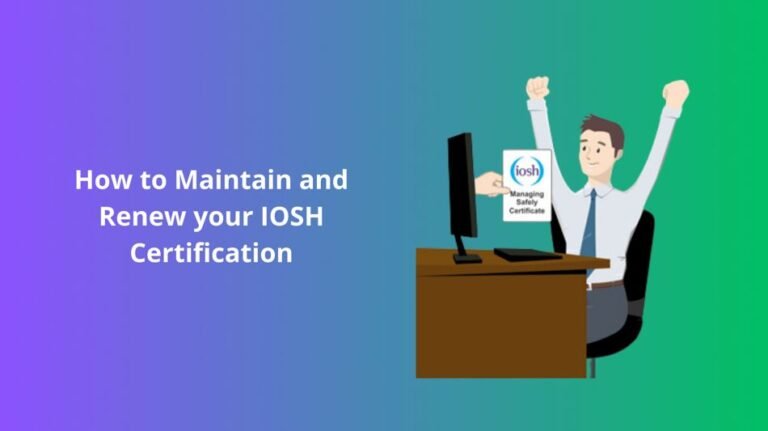Embarking on Your Accounting Journey: An Introduction to Accounting Courses

Introduction
Accounting, often called the language of business, is a fundamental aspect of any organization. Whether you’re aiming for a career as an accountant, an auditor, or a financial analyst, having a solid foundation in accounting is essential. This introduction guides individuals into accounting courses, shedding light on the significance of training and the pathways it opens.
Understanding the Basics: What is Accounting?
At its core, accounting is the process of recording, summarizing, analyzing, and reporting financial transactions of a business. It provides vital information to stakeholders, enabling them to make informed decisions. Key concepts include assets, liabilities, equity, income, and expenses. Accounting principles, such as the Generally Accepted Accounting Principles (GAAP) or International Financial Reporting Standards (IFRS), provide guidelines for how these transactions should be recorded and reported.
The Importance of Accounting Training
Entering the field of accounting requires more than just theoretical knowledge. Practical skills and hands-on experience are equally crucial. Accounting training programs offer a structured curriculum to equip individuals with the skills to succeed in various accounting roles. Whether you’re pursuing a career as an accountant, a bookkeeper, or an accounts assistant, formal training lays the groundwork for your professional journey.
Accounts Assistant Training: Building a Strong Foundation
For those aspiring to start their career as an accounts assistant, specialized training programs are available to provide a comprehensive understanding of accounting principles and practices. These programs typically cover financial accounting, managerial accounting, taxation, auditing, and software proficiency. By mastering these areas, accounts assistants play a vital role in ensuring an organization’s financial data’s accuracy and integrity.
Navigating Through Accounting Courses
Accounting courses come in various forms, from traditional classroom settings to online platforms. Each format offers its advantages, allowing individuals to choose the method that best suits their learning style and schedule.
- Traditional Classroom Courses: In-person accounting courses provide a structured learning environment facilitated by experienced instructors. Students can engage in discussions, ask questions, and collaborate with peers. This format fosters interaction and hands-on learning, making it ideal for those who thrive in a traditional academic setting.
- Online Accounting Courses: With the advent of technology, online accounting courses have become increasingly popular. These courses offer flexibility and convenience, allowing students to study at their own pace and from any location with internet access. Online platforms often incorporate multimedia resources, interactive quizzes, and virtual simulations to enhance the learning experience.
- Hybrid Courses: Combining traditional and online learning benefits, hybrid courses offer in-person instruction and virtual coursework. This format provides flexibility while still maintaining opportunities for face-to-face interaction and hands-on activities.
Choosing the Right Accounting Training Program
When selecting an accounting training program, several factors should be considered:
- Accreditation: Ensure that relevant professional bodies or institutions accredit the program. Accreditation validates the quality and credibility of the training and may be required for specific certifications or licenses.
- Curriculum: Review the curriculum to ensure it covers essential topics relevant to your career goals. Look for programs that offer a balance between theoretical concepts and practical applications.
- Faculty: Research the qualifications and experience of the instructors leading the courses. Experienced faculty members with industry expertise can provide valuable insights and guidance.
- Resources and Support: Consider the availability of textbooks, software, and support services. A well-equipped learning environment enhances the overall educational experience.
- Career Opportunities: Explore the career placement services offered by the training program. Look for programs that have established employer connections or provide internship opportunities to gain real-world experience.
Embarking on Your Accounting Journey
Whether you’re just starting your career or seeking to advance in the accounting field, investing in quality training is essential. Accounting courses provide the knowledge, skills, and credentials needed to pursue various career paths within the accounting profession. From accounts assistant training to advanced accounting certifications, the opportunities are vast. By choosing the right program and committing to continuous learning, you’ll be well-equipped to thrive in the dynamic accounting world.






